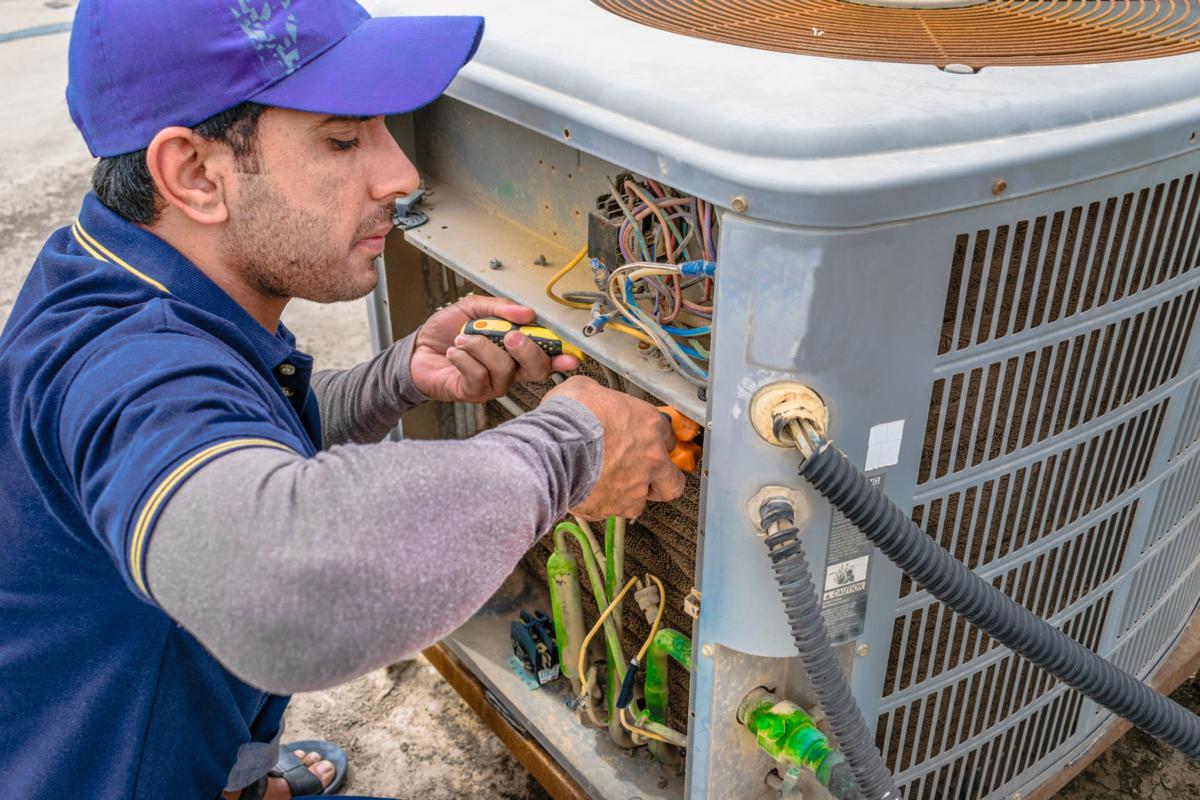Question: Our AC unit seems to be struggling a bit and the house is not as cool as it used to be. Should we get a home energy audit?
Answer: Every homeowner wants to know that they are ready to weather the desert temps comfortably. If you are a regular Rosie on the House listener, you have heard Rosie talk about the importance of a whole house energy audit, ‘It is such a great place to start,’ Rosie says. An audit by a qualified HVAC, licensed, bonded and registered with the Arizona Registrar of Contractors, will include a whole house analysis of the duct work, (looking for sizing issues and possible leaks), A/C unit, insulation, air returns, thermostat program, utility bill and more. The assessment should take about four hours.
Q: What are some of the most common issues found during an energy audit?
A:
- Leaky air ducts – To check for leaks in the duct work, the house is closed up and depressurized using a blower door. Each register in the home is tested. Leaky air ducts will show up during this test. Inconsistent comfort issues in the home can be clues as well. For example, one room is exceptionally hot or cold. Duct work that is under or oversized can cause the unit to work inefficiently. Ducts that are too small restrict the flow of air and cause the A/C to work extra hard. Resizing duct work and/or installing new registers in better locations are two possible solutions.
- Insufficient insulation — Fiberglass blown in insulation should be 12 to 14 inches deep. Cellulose, blown in insulation should be 12 to 14 inches deep as well, depending on the insulation manufactures listed R-value per square inch. Insulation can shift and settle over time. Sometimes the installation of the initial insulation was insufficient. This might be the case if your home was built before 2016. Thankfully, most homes built after 2016 have the correct amount of insulation installed. Bringing insulation up to the recommended depth will make a huge difference in the energy efficiency of the home.
- Old inefficient air conditioning systems — The life of an AC unit is about 10-15 years. Older units, let’s say 15 years old and older, may still keep the house cool. But, older units are more expensive to run than newer, more efficient models. A good home audit will help to weigh the pros and cons as to the life of your unit and the cost of duct work, etc. There are lots of factors to consider when it comes time to buying a new AC if it is decided that you need a new unit. Air conditioning manufacturers label their units with a SEER rating. SEER ratings are not as applicable to those in this intense environment. An important thing to consider is the actual technology in the new air conditioning systems, there are 1-stage compressors, 2-stage compressors, and variable speed compressors. These critical components weigh heavy differences on energy savings. A qualified HVAC contractor is a great resource when choosing equipment.
- Lack of return air grills — 90% of homes have only one return. Not having enough return air restricts comfort because the system can’t remove warm humid air.
This ultimately chokes the system. Adding registers to accommodate your unit will make the home more comfortable and help the unit to work more efficiently. The minimum requirement for a return air grill is 200 square inches per ton of air conditioning. Many homes have a 30-by-20 square-inch for 4 to 5 ton systems, that is anywhere from 200-400 square inches short of the minimum that causes major air restriction.
Q: Should I do anything if I don’t need an audit?
A: If an audit isn’t needed, make sure that you know the best practices of AC maintenance. Changing the air filters monthly will keep your unit healthy. A twice-a-year checkup, by a licensed and bonded HVAC contractor, is considered the best practice to keeping an AC unit in good working order.





